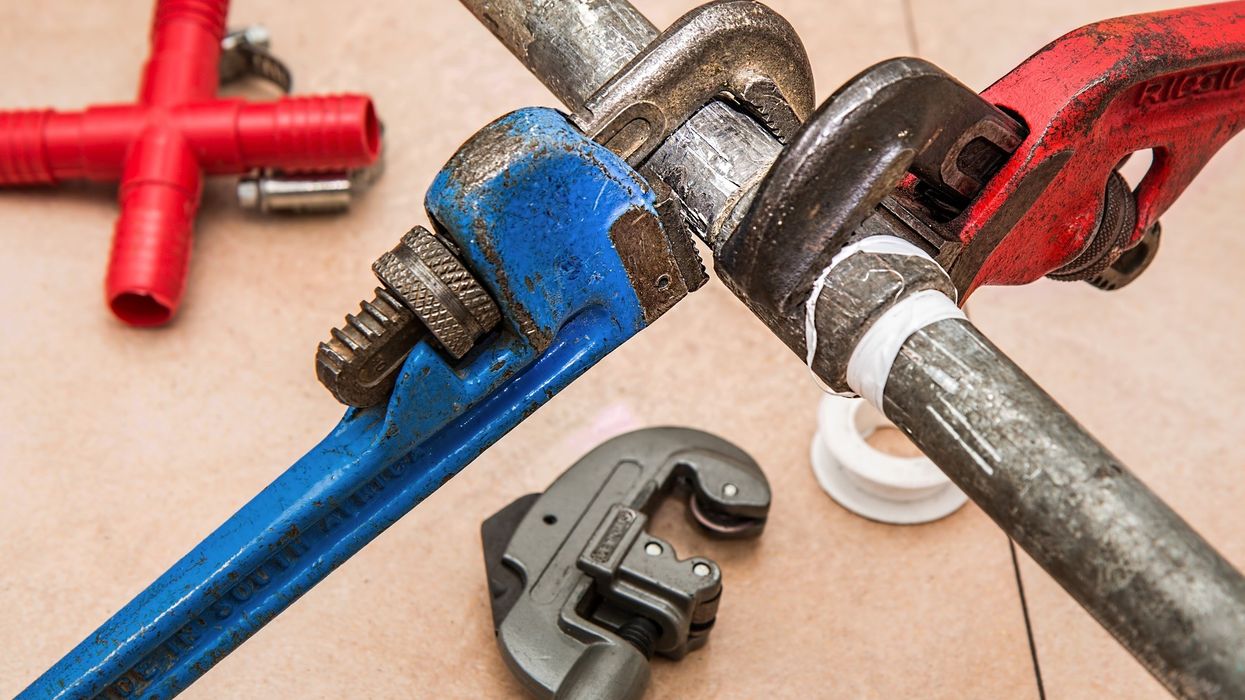Getting an offer on your home that you're satisfied with might sound like you've crossed the finish line, but there are actually bigger hurdles to overcome, including getting through the home inspection.
In fact, the home inspection is one of the most dreaded conditions in a purchase agreement.
READ: Ask An Agent: Can You Back Out Of A Signed Buyer’s Agreement?
This particular condition gives buyers the chance to have a professional home inspector scope out the property in great detail to uncover any potential issues that could impact the deal. If the buyer isn't satisfied with what the inspector has found, the deal can die right there.
If you're a seller, you might already have disclosed any issues that you're aware of to the buyer. But there is always a chance that there are more. If the buyer finds out before you do, you could be in for more negotiations and wind up back at the bargaining table.
Here's what to do from there to help make sure the deal goes through:
Have Your Own Home Inspection Done
While it's customary for buyers to have properties inspected before they sign on the dotted line, there's no reason why sellers can't have their own homes inspected. That way, you can find out if any issues exist and deal with them appropriately before listing your property and having to deal with complaints from buyers after the fact.
READ: Ask An Agent: As A Buyer, Should You Do Your Own Home Inspection?
Make Any Requested Repairs - Within Reason
If the inspector finds a problem and the buyer wants the issue fixed before ownership is transferred, do consider making the requested repairs. Certain repairs are justified, such as installing any missing handrails on staircases. But other requests might sound like the buyer is nitpicking, which could place you in a tricky predicament.
READ: 4 Ways To Keep Your Emotions In Check While Selling Your Home
Minor repair requests, such as touching up the paint on a wall, can seem a little ridiculous. In cases like these, it's up to you whether to agree to the buyer's requests and make sure the deal goes through or play your hand and reject their demands. Whatever you do, try to be reasonable.
Offer Credit
If there are certain repairs that the buyer wants to have made before the title transfers, but you don't necessarily have the time nor the inclination to make them yourself before the deal closes, you might want to offer the buyer a credit to cover the cost of having the repairs done. The buyer can then use the credit and make the repairs without having to involve you. This is beneficial not only for you, but also for the buyer because the updates made can be exactly to the buyer's specifications and desires.
Negotiate the Sale Price
If worse comes to worst, the buyer may ask that the sale price be knocked down by an amount equivalent to the cost for requested repairs.
This is not an ideal situation. But if you find that the request is reasonable, and as a result, the actual market value of your home is slightly lower compared to other similar properties, knocking off a few hundred dollars might make sense.
This is a worst-case scenario (aside from the buyer walking away from the deal completely) and should only be done after careful consideration with the assistance of a seasoned real estate agent.
READ: 7 Tips To Help You Choose The Right Real Estate Agent
You don't want to let your home go for less than what it's worth according to current market conditions. So, if you take this route, make sure that you do your due diligence before settling on a new price.





















